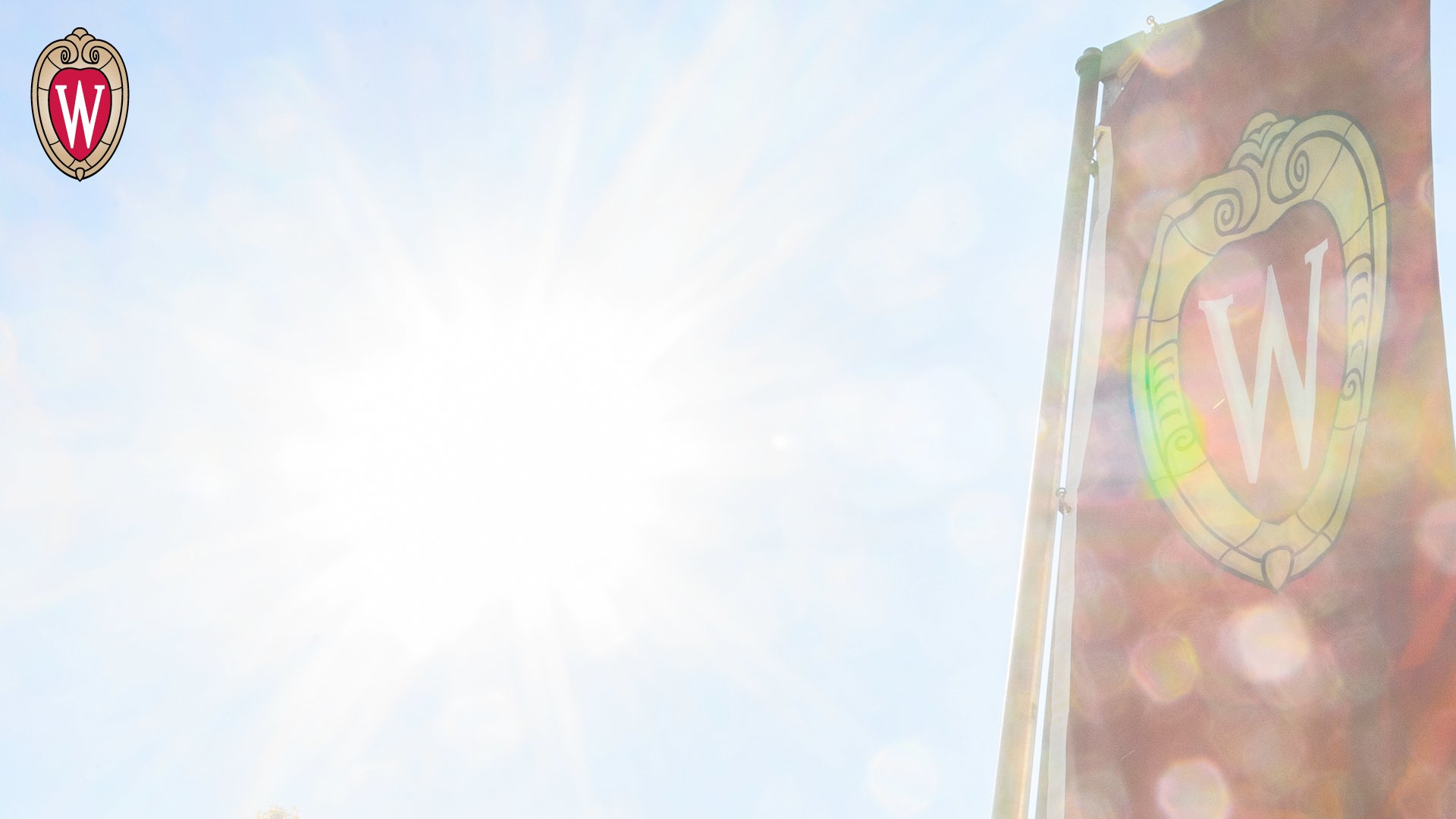
What is Loka’s Mission?
Well, it’s pretty simple, we have none! Our mission is to serve faith leaders and culture keepers of Indigenous traditions who are working on environmental and climate issues. We do so by co-creating projects with select leaders and community organizations and through a longer-than-usual design phase that focuses first on building trust. Our work is to amplify the voices of these leaders and community organizations, to build their capacity, to contribute to their well-being, and to support their missions.
What do we work on?
PUBLIC ENGAGEMENT & OUTREACH
Engage, inspire, involve the public by bringing the forces of faith and science together on environmental and climate solutions
CAPACITY BUILDING & PARTNERSHIPS
We convene, organize, and create networks of resources that support faith and Indigenous groups to design and build their own environmental and climate projects and movements
RESEARCH & RESOURCE DEVELOPMENT
We lead interdisciplinary research and develop resources including contemplative practices, community building exercises, and online courses that help build inner, community, and planetary resilience of people at the frontlines of the environmental and climate crises

Loka’s University Partners
The Loka Initiative is housed at the Center for Healthy Minds, University of Wisconsin-Madison. We are privileged to partner with a diverse group of university institutions across campus, which gives us access to their faculty, networks, and resources. This allows us to convene expertise from the fields of adult education, counseling psychology, environmental science, gender and race studies, neuroscience, public health, political science, religious studies, sustainable development, and women’s wellbeing.
The 4W Women and Wellbeing Initiative is a campus-wide effort hosted at the School of Human Ecology to convene and lead on education, applied research, and impactful engagement to promote global wellbeing and full participation of women in society.
The Center for Healthy Minds is one of the world’s top research institutions investigating the science of emotions, contemplative practices, and qualities of mind we suspect affect well-being, including attention, resilience, equanimity, savoring positive emotions, kindness, compassion, gratitude and empathy.
The Center for Interfaith Dialogue provides resources and offers programs for religious and spiritual diversity, identity, and well-being among UW-Madison students. The Center educates students about religious pluralism and promotes interfaith dialogue and cooperation.
Continuing Studies provides continuing education to enrich people’s lives and support transformative growth by advocating for and engaging lifelong learners through high-quality and innovative programs and services.
GHI applies research and education both within and across disciplines, promotes UW faculty research internationally, and offers undergrad, graduate, and post-doctoral education internships and field course programs to boost innovation through proactive health intelligence and strategic exchanges.
The Nelson Institute offers an undergraduate major in environmental studies and sustainability and a graduate degree in conservation, environmental observation and informatics, environment and resources, or water resources management; and certificates in energy analysis and policy or culture, history, and environment.
The Office of Sustainability serves as a campus-wide resource for sustainability and aligns academics and research to advance campus sustainability goals by facilitating sustainability education and partnering with campus units to improve operations and resource management.
The Religious Studies Program is the center of the academic study of religion at the University of Wisconsin-Madison. Its research and teaching use critical methods from the humanities and social sciences to approach religion as a transhistorical and global phenomenon which exists within and beyond religious traditions.
Who do we work with?
We work with a wide range of partners - individuals and institutions - depending on the project, including members from the organizations below.
SACRED WISDOM SACRED EARTH
Lac du Flambeau Band of Lake Superior Chippewa Indians
Menīkānaehkem Community Rebuilders
Sokaogon Chippewa Community/Mole Lake Band of Lake Superior Chippewa




